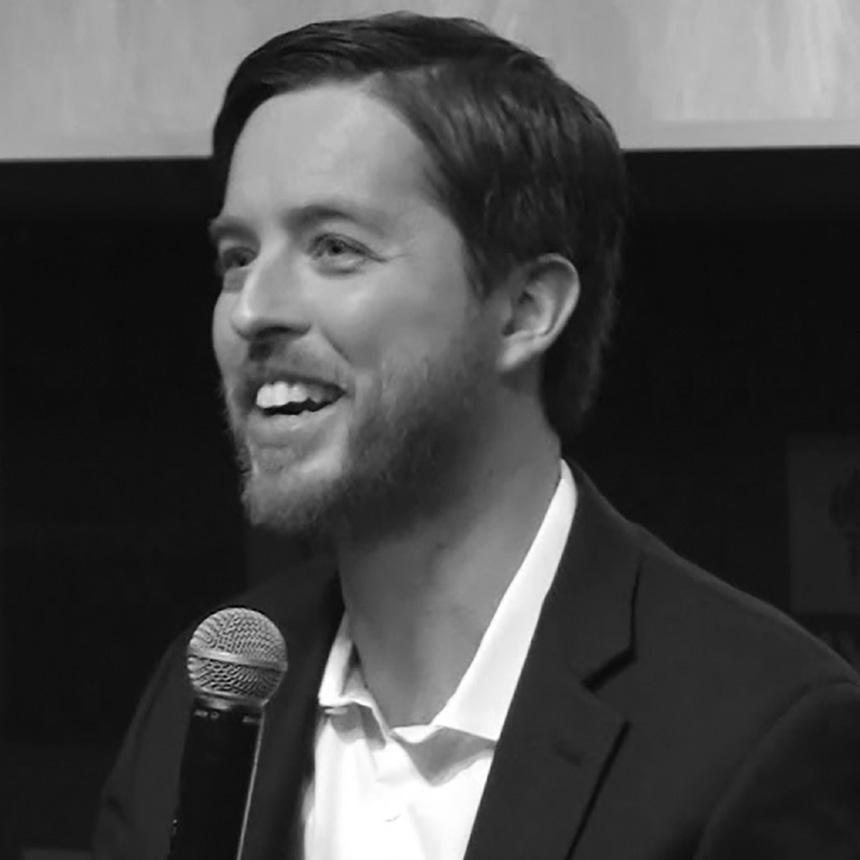
3 minute read
HUGO HEURICH’S CONVICTIONS
By Chris Brooks
Lincoln veteran Hugo Heurich (1908-1982) was born in Germany and had emigrated to the US in 1929. He arrived in Spain in March 1937 and returned to the US in December 1938. In November 2020, his great-nephew, Armin Heurich, contacted ALBA in November 2020 looking for additional information to include in his great uncle’s oral history, These Are My Convictions, which includes a series of interviews conducted by Dr. Bert Riesterer in October 1980. Armin Heurich edited the work and added footnotes and illustrations to contextualize the interviews.
Advertisement

The excerpts below are from the 145-page manuscript, which covers Heurich’s entry to the United States, work history, entry into Spain, and service in the International Brigades. In Spain, Heurich served as a driver carrying supplies, casualties, and passengers across Republican Spain. The full text details the bombardment of Almería, Heurich’s battle with typhoid, interactions with the Spanish people, and his life after returning to the US. One of his more unique experiences included transporting a Spanish filmmaker who was documenting the war. As the driver, Heurich was ever-present during the filmmaking, which landed him the opportunity to appear in the documentary. For more excerpts, visit The Volunteer’s online edition at albavolunteer.org.
BR: Who had really supported you...
BR: Did you have to give up your passport at Figueres when you crossed over, did they take it away from you?
HH: Our passports were handed over to the authorities from the International Brigade. I myself kept it as a personal object, which was very dear to me. I always had it on my chest, connected with a little rope, string, always underneath my shirt. I carried that as long as I...
BR: How did you get away with it? That you did not have to give it up when often many of the others had to surrender their passports as soon as they got over?
HH: I said I misplaced mine, and I could not find it, but had done this on purpose. I felt that this was my only thing if I wanted to come back to America. That I would be able to have a passport and proof because I was actually a German. But I was a naturalized American citizen and that was so dear to me, that thing, I had to keep it, and I kept it. I could not part with it. That was worth more money than anything else. Otherwise, I would not know which country I belonged to anymore.
BR: Remember when suddenly in ‘39, to everybody’s surprise, Stalin and Hitler made that agreement, the Stalin Hitler pact in 1939? And shortly after that the Nazis invaded Poland. Many guys who were on the left, CP, or socialists, or whatever, this came as a real shock, a real blow to them.
HH: I could have fallen into the shitpot.
BR: I just wanted to ask you how you felt about this when this came, because here your Spanish memory was still very vivid, right? And all of a sudden you get this. What did you think? How did you feel about this?
HH: I was deadly sick when I heard about that, and I could not understand it. We thought we accomplished something in order to prevent fascism, and then the one power...
HH: Shook hands with the power we were trying to defeat. That just did not make any sense to me whatsoever. And I still don’t quite understand it at all. Was it stalling for time or what?
I am not so intelligent to understand that. And I guess that it was not even understandable for any intelligent man. Because it shook the world, like the Russian Revolution at the beginning for ten days shook the world. So that was a week that shook the world. It could not be understood, what it was all about. What was the intention? I don’t recall that we ever found out, what really was behind it. ***
BR: Looking back over your whole life, how do you feel about things now? Do you have any regrets? […]
HH: Well I must tell you, there were times where really I felt hurt, or in a way, I just could not believe that anything like that could happen. After all I always felt, like I stated before, that things eventually will happen for the betterment of all people or all mankind. But as far as you ask me here in regards to it all, it really was a disaster at that time, but nevertheless I never gave up. I always remained a stable person as far as my conviction that brought me to Spain was concerned. I still believe in it and I always will. Because through human life, through the history of any person’s life, you have ups and downs which was at that particular time when it happened between Moscow and Berlin. It was a total disaster and did a lot of damage for the whole idealist thinking. But I, as a whole, still am the same Hugo that I always was and will be. These are my convictions of the whole period I lived through.
BR: And you still basically have the same convictions today. That the basic goal that you were striving for to have a better social and economic order for all mankind and ideally bring about a real unity of mankind, you still hold to that?
HH: Yes, that still is my aim, and I would consider myself a coward if I would have changed or fell into the other line or way of thinking.










